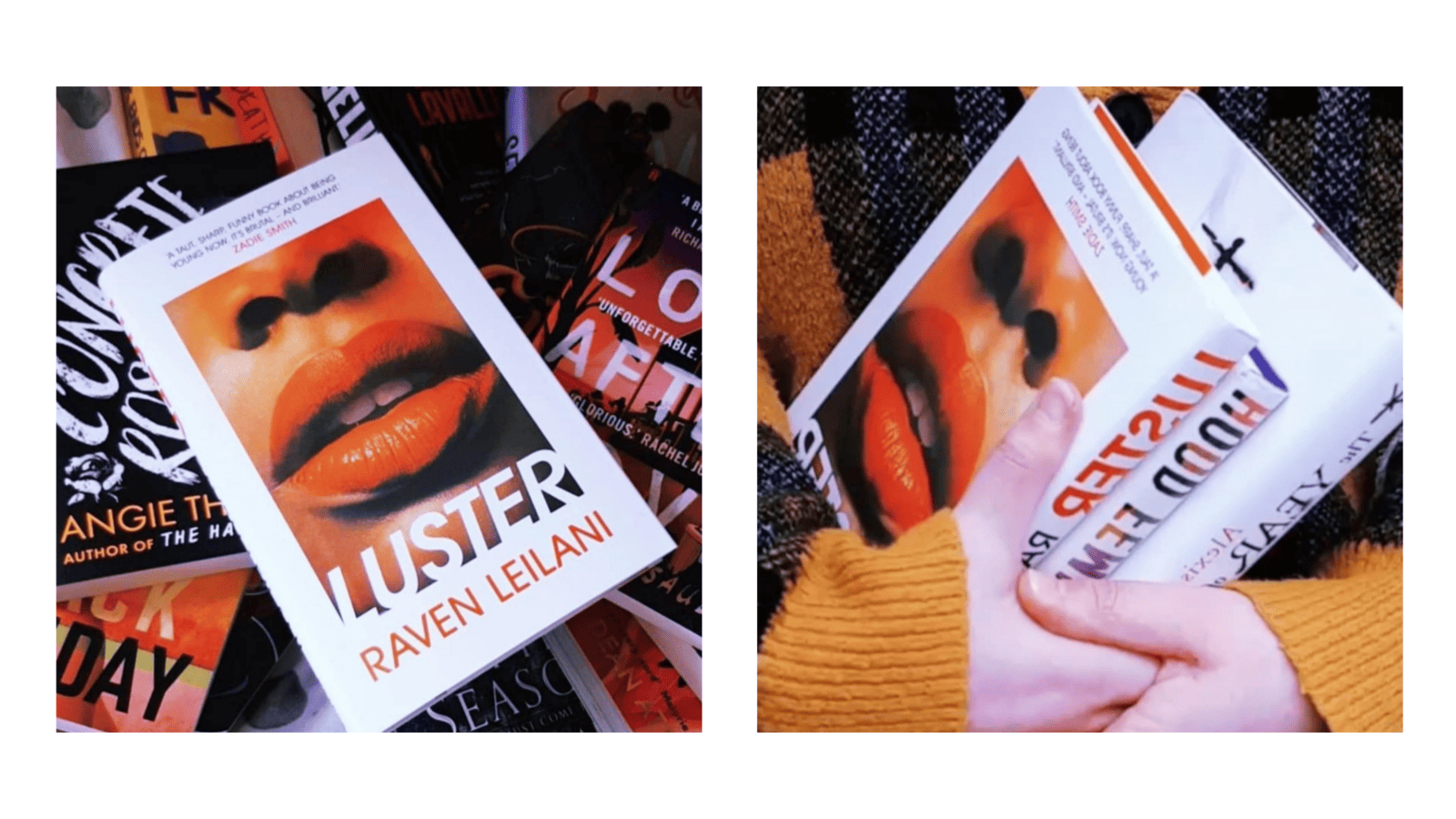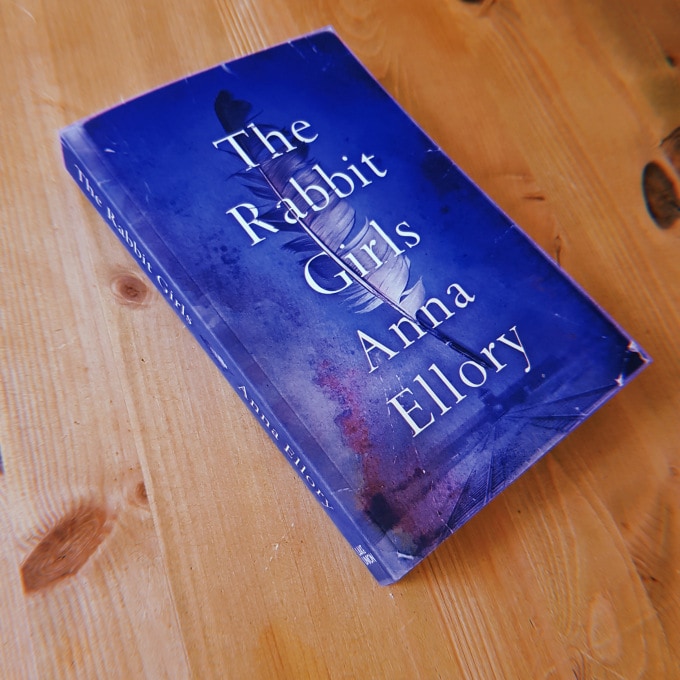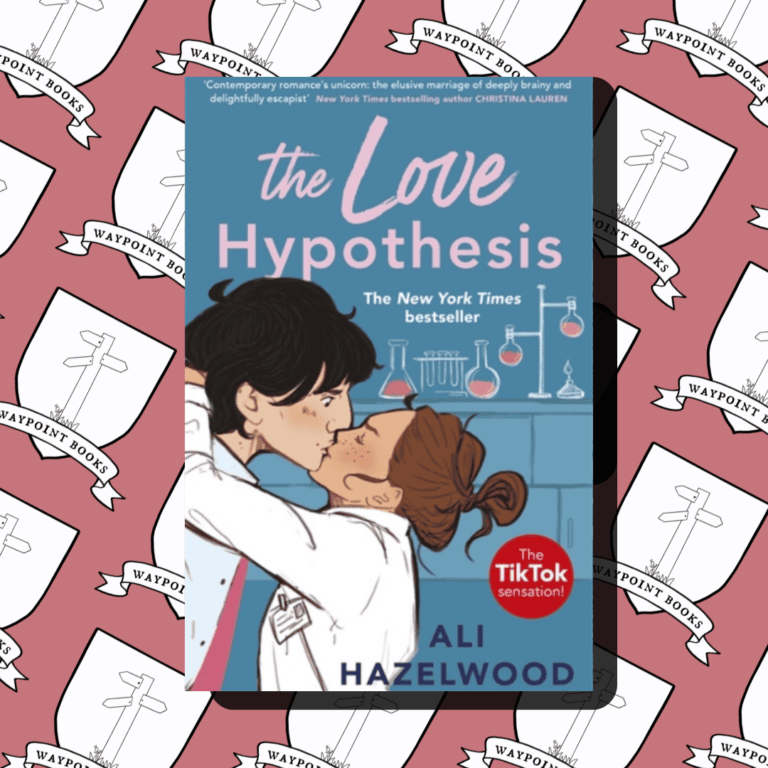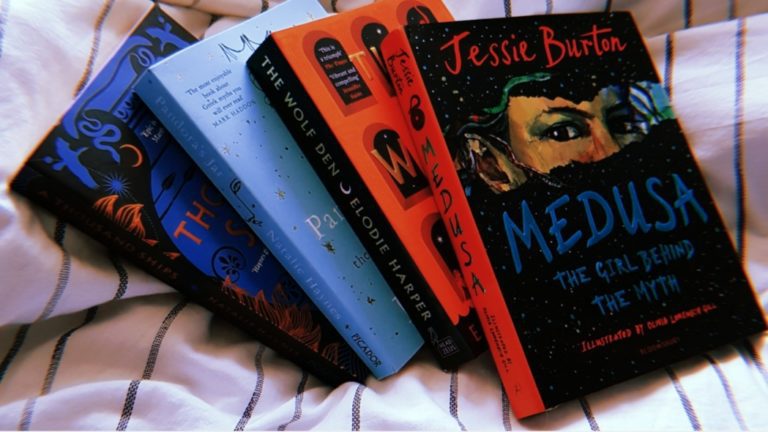Luster by Raven Leilani
Synopsis:
Edie is just trying to survive. She’s messing up in her dead-end admin job in her all-white office, is sleeping with all the wrong men, and has failed at the only thing that meant anything to her, painting. No one seems to care that she doesn’t really know what she’s doing with her life beyond looking for her next hook-up. And then she meets Eric, a white, middle-aged archivist with a suburban family, including a wife who has sort-of-agreed to an open marriage and an adopted black daughter who doesn’t have a single person in her life who can show her how to do her hair. As if navigating the constantly shifting landscape of sexual and racial politics as a young black woman wasn’t already hard enough, with nowhere else left to go, Edie finds herself falling head-first into Eric’s home and family.
Razor sharp, provocatively page-turning and surprisingly tender, Luster by Raven Leilani is a painfully funny debut about what it means to be young now.
Trigger Warnings:
Racism, Police Brutality, Sexual Aggression, Alcoholism/Substance Abuse, Violence, Mental Health, Suicide, Bereavement, Miscarriage.
Review:
No book lives in a vacuum, so, before I review Luster – I’d like to take a moment to discuss some points raised by Mikki Kendall in Hood Feminism. When Kendall discusses femininity, feminism and womanhood within her book, she makes one thing painfully clear. Black Women are seen to be strong in their pain, that they are expected to feel less and respond quietly. That is this injustice and disadvantage that they carry with them like air in their lungs; something they’re unable to purge as it poisons them. Though, to Kendall’s credit, she explains it far more succinctly and a lot less with metaphor than that. The reason I bring it up now is because Luster is just one long expression of pain.
‘All of it, even the love, is a violence.’
Raven Leilani, Luster
To take another detour through my thoughts on Luster, Fish Tank (2009) is a film about a fifteen year old girl who is so used to poverty and neglect, that the smallest inclination towards kindness from her mum’s new boyfriend leads to an affair and violence. It’s a tense indie film I watched way too young, and the longer I listened to Luster, the more it felt like Fish Tank mixed with Hood Feminism. Queenie by Candice Carty Williams, if Queenie had been more honest, and less edited for a mainstream audience. A psychological analysis of society’s foot as it presses on a Black woman’s neck.
I found it really jarring that the marketing and blurb drew expectations for something ‘funny’ in this novel. I did not find this novel funny at all, and yet all of the endorsements describe it as ‘comedic’ in some variation. Possibly, I’m just not in on the joke. Queenie was also endorsed as a comedy adjacent to Bridget Jones’ Diary. I didn’t really get the funny there either. This book just made me angry and sad. I can’t remember a single moment where I felt ‘in on the joke’, and that’s not to say I felt sorry for any of the characters either. These are not likable people. Edie (the protagonist) and Rebecca (the wife of the man Edie is having an affair with) were my favourites, but they are not good people. Everyone is a broken, everyone is twisted, and their actions make no sense to me what so ever- but each action and choice is driven by pain and experience, and even though I can’t fathom them, I can empathise. They are wholly authentic, brutal and real.
Luster will not hold your hand as you experience the merciless truths laid bare by the narrator, it will not shy away from absolute honesty with the audience, and the tightly wound web of lies the narrator must exploit to survive. It’s a fantastically, beautifully cruel book.
This is a book for those who enjoy Three Women by Lisa Taddeo or Daddy by Emma Cline. Click the link here to get your hands on a copy.




